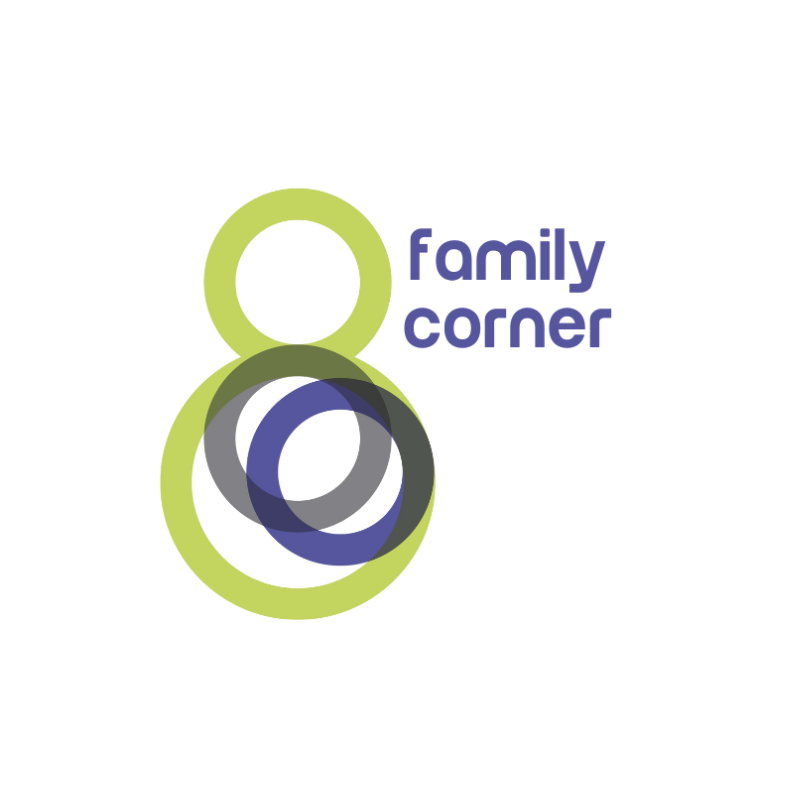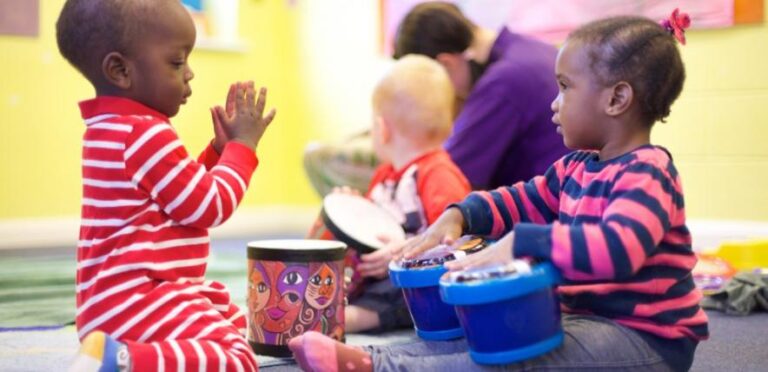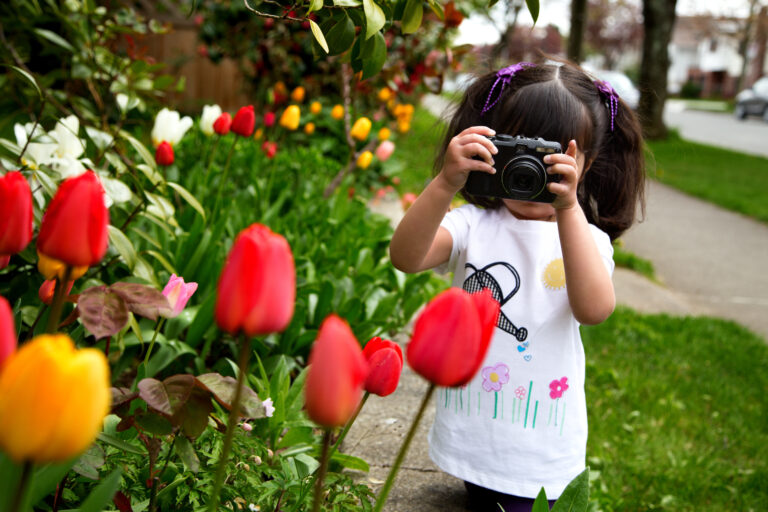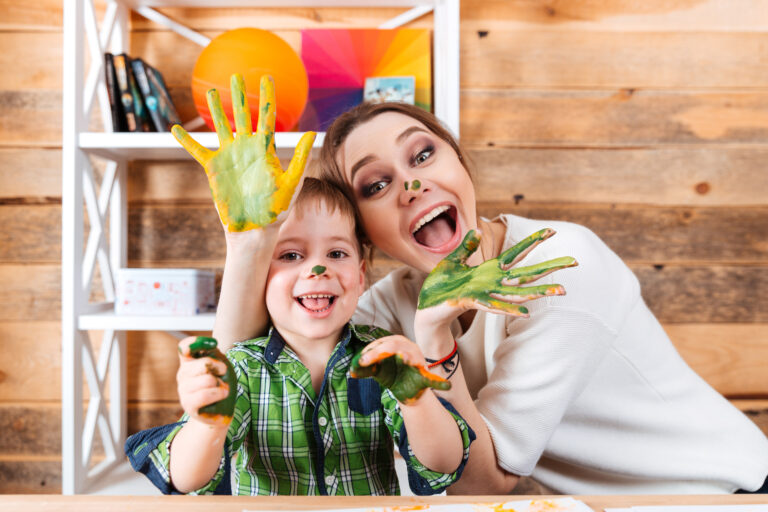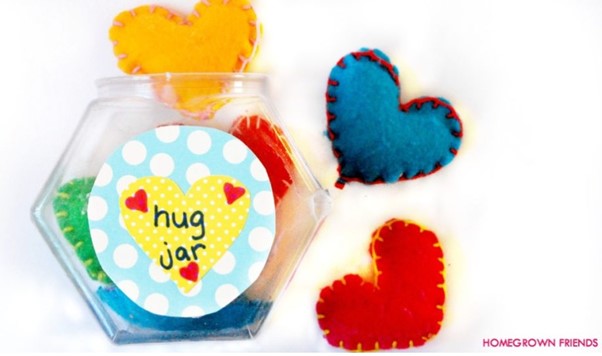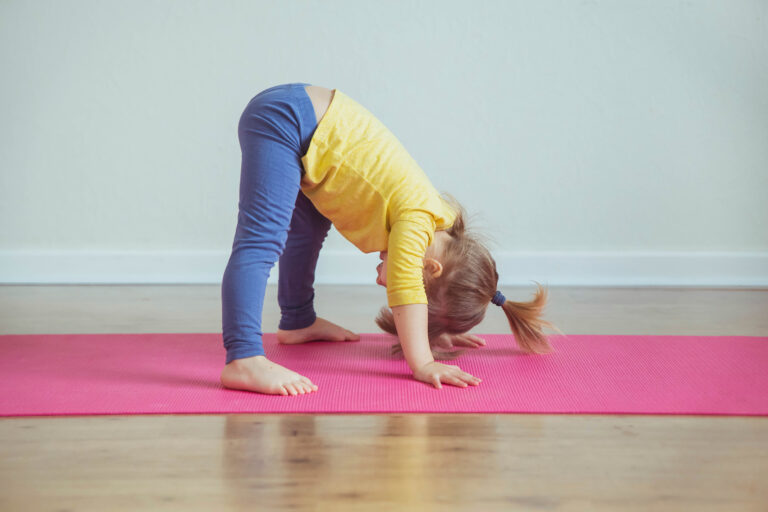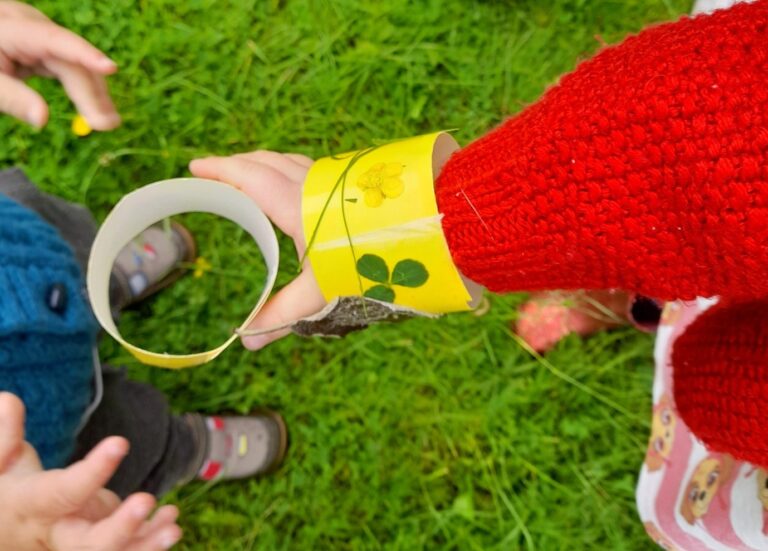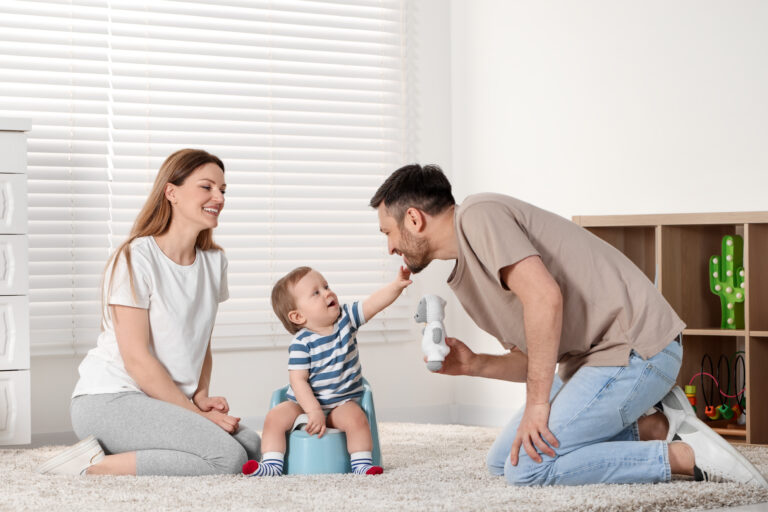I’ve heard that music is important to a child’s development. There is a music club for parents and babies nearby, but what would be the benefits of joining?
Mood music
As adults we all know how music can affect us. It can make us feel happier when we’re sad, and have a calming effect when we’re stressed out. It is no different for babies. Young children’s brains are wired to enjoy and learn music just as they are to learn to speak.
Just think how many times you have rocked your baby to sleep singing a lullaby. The melody, combined with your familiar voice, soothed and comforted your child. It also provided a lovely bonding experience between you and your little one.
There used to be a theory that listening to Mozart was beneficial to learning maths. While there is some evidence to suggest that music makes older children more academic, experts believe it has benefits for infants too, particularly on brain development. All children have the potential to be musical but it needs to be nurtured early on.
For example, it is thought a new-born baby can distinguish between their native language and an unfamiliar one by listening to pitch and rhythm. At 2 months old, according to one study, infants can remember brief melodies. Some experts say that foetuses as young as 35 weeks can distinguish between, and remember, different sounds.
Making music a part of your child’s life is sowing the seeds of a life-long love and interest in music, and music clubs are a great way to start. You can find information about these in your local library, though often health visitors may also know of sessions for parents and babies. No age is too young.
Sounding the drums
Music clubs usually involve singing of children’s songs and nursery rhymes, and the use of simple instruments, such as drums, tambourines and bells. It’s a great way of introducing your child to playing an instrument when they are older, and they develop musical skills by learning about beat and rhythm.
Playing music at home or in the car is also beneficial. You can be guided by your own preferences, but play appropriate music for the time of day. Research suggests that very young children like harmonious music rather than harsh sounds. Putting your child to bed with heavy rock, therefore, might not get them off to sleep.
Musical development
There are a number of ways that music can aid your child’s learning, physical, social and emotional development.
Some experts believe that participation in music at an early age can help improve a child’s learning ability and memory by stimulating different patterns of brain development. Studies have found that babies who engage in making music using simple instruments like drums and shakers, and moving to music, use more communicative gestures, for example pretending a banana is a telephone or hugging a doll to show affection, than those who listen passively. The more expressive their gestures, the more likely they are to acquire language skills.
Songs and nursery rhymes also introduce children to new words and research suggests that setting words to music helps the brain to learn them more quickly. This is perhaps why children in infant school traditionally sing their times tables as means of remembering them.
It is thought that playing to music also helps to build self-esteem in very young children. Singing to your child and mimicking their responses to your song or rhyme – by clapping when they clap, or rolling over when they do – can help to boost their confidence.
You can also make your own instruments cheaply and easily at home. Lentils or uncooked rice in an empty plastic bottle makes a great sound, or you can hit a wooden spoon on a biscuit tin, or a saucepan. If it makes a noise then it’s an instrument! Letting your baby make sounds with an instrument encourages self-expression, and gives them a way to communicate how they’re feeling before they can talk.
Further information
http://www.babycenter.com/0_music-and-your-baby_6548.bc?showAll=true
Written for the Early Years Alliance by Dorothy Lepkowska.
